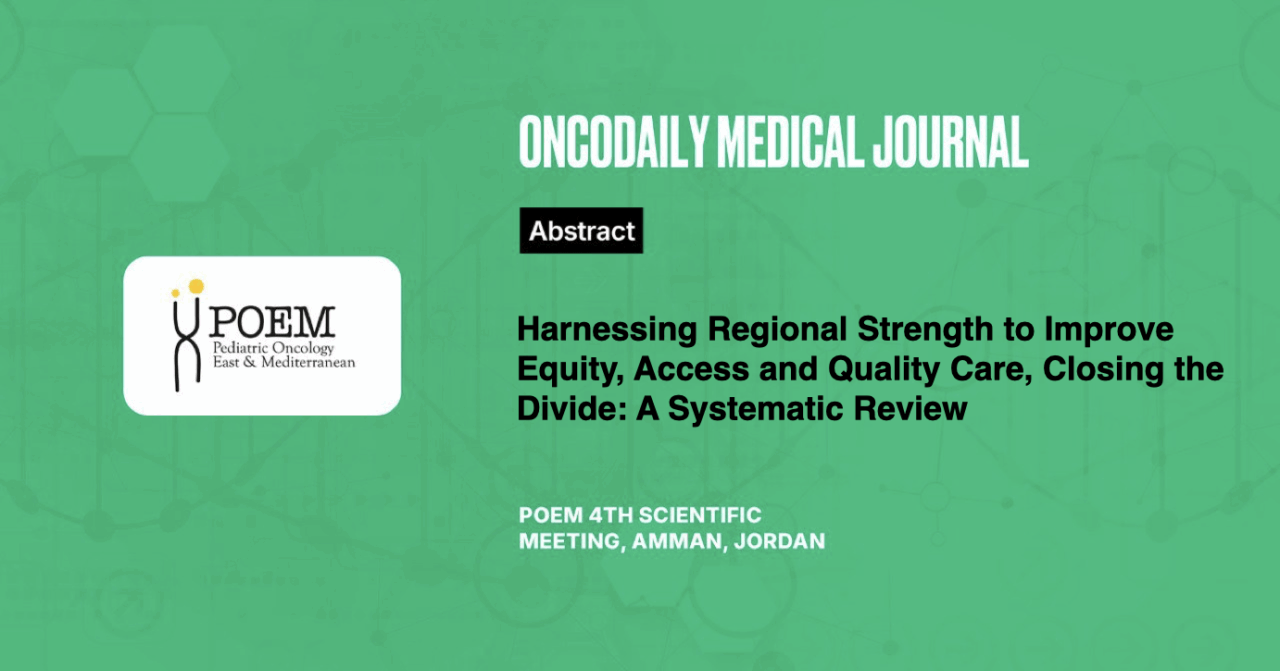Harnessing Regional Strength to Improve Equity, Access and Quality Care, Closing the Divide: A Systematic Review
Abstract
Introduction: The journey towards global health equity is a joint venture that requires the concerted and meaningful contributions of individuals, communities and health organizations worldwide. This study presents a systematic review to highlight the pivotal role of regional connectivity in strengthening healthcare equity. It explores existing challenges and strategic solutions to improve equal access to quality care, optimize resources distribution and foster a culture of inclusivity within the healthcare system.
Methodology: The review analyzed research studies with a focus on low-income countries, particularly those conducted in Asia and East Mediterranean region during the past five years. To mitigate bias and improve methodological rigor, the review adhered to Prisma guidelines.
Results: Using Mesh Terms and relevant keywords, an initial screening of 32,794 studies were performed across Google Scholar, PubMed, Scopus and Web of Science. After removing duplicates and full text analysis, 82 studies met the inclusion criteria for comprehensive analysis. The review findings were categorized into four key dimensions: identification of gaps, challenges, strategic intervention and recommendations.
Conclusion: The indiscriminate nature of diseases warrants a similarly unselective response, one that leverages regional strengths to their utmost potential. This can be achieved by mapping existing local resources, developing successful local models, and carrying out community-focused needs assessments, as local communities are better at understanding their own challenges than external entities.
Sincere efforts must be made to ensure the representation and meaningful involvement of underrepresented communities in healthcare decision and policy making. Establishing regional health alliance with data-driven strategies and funding in Health Information Exchanges improves both patient outcomes and healthcare coordination.





